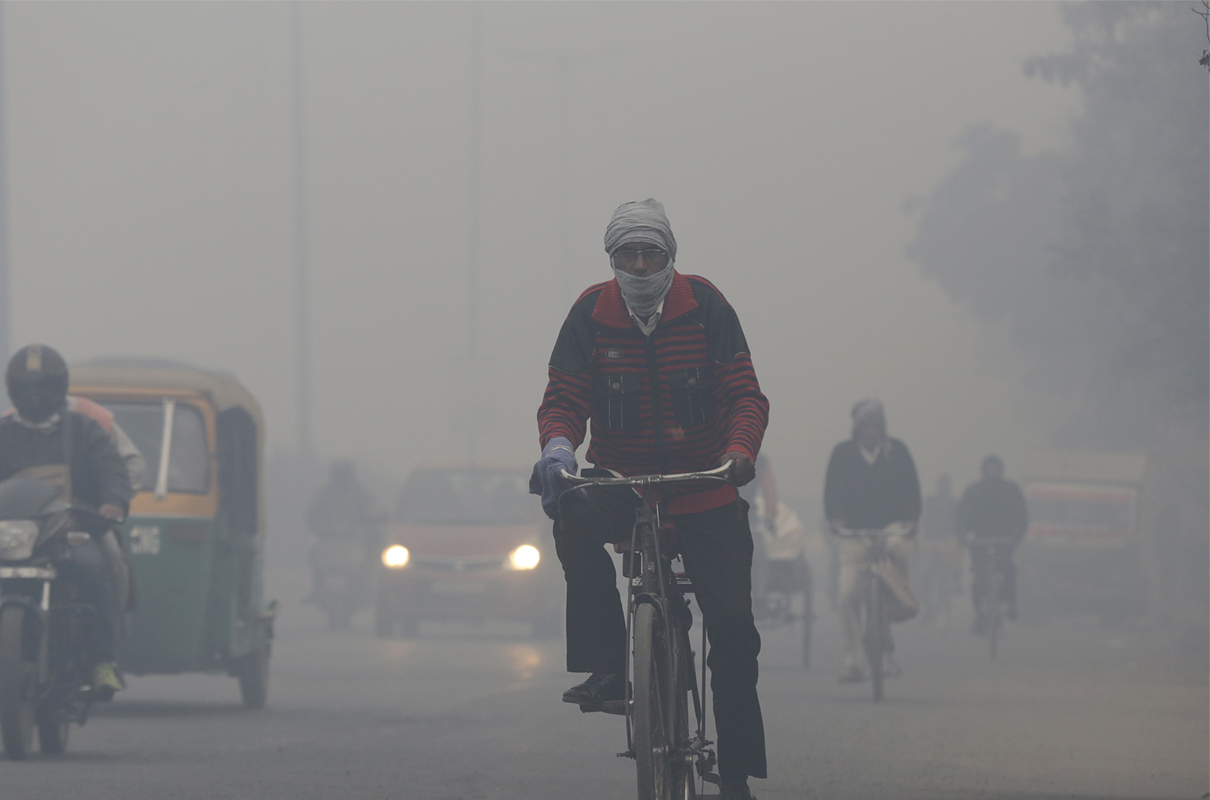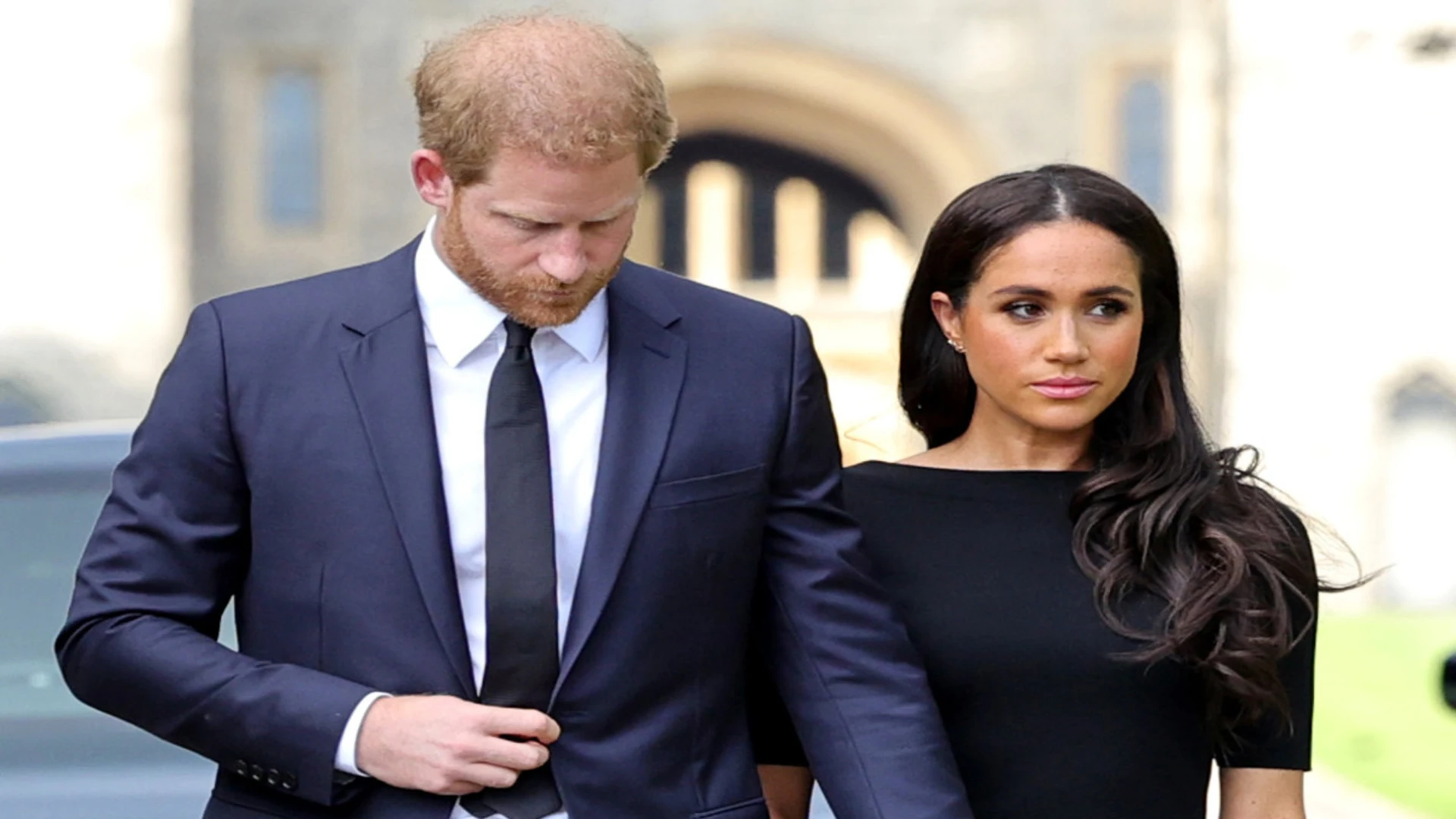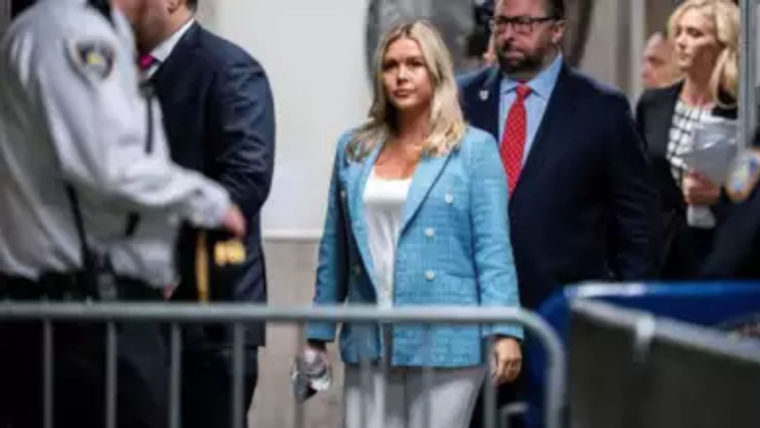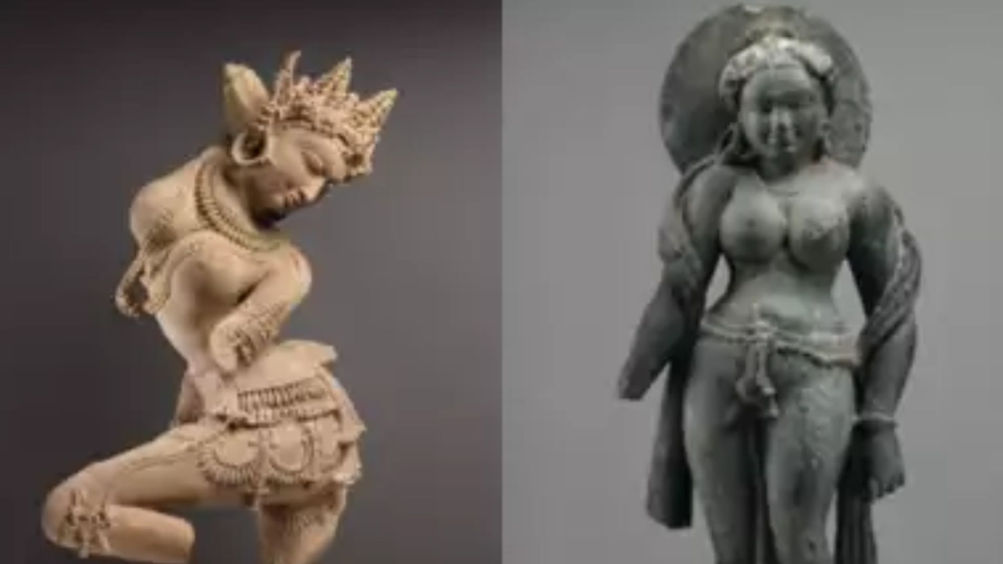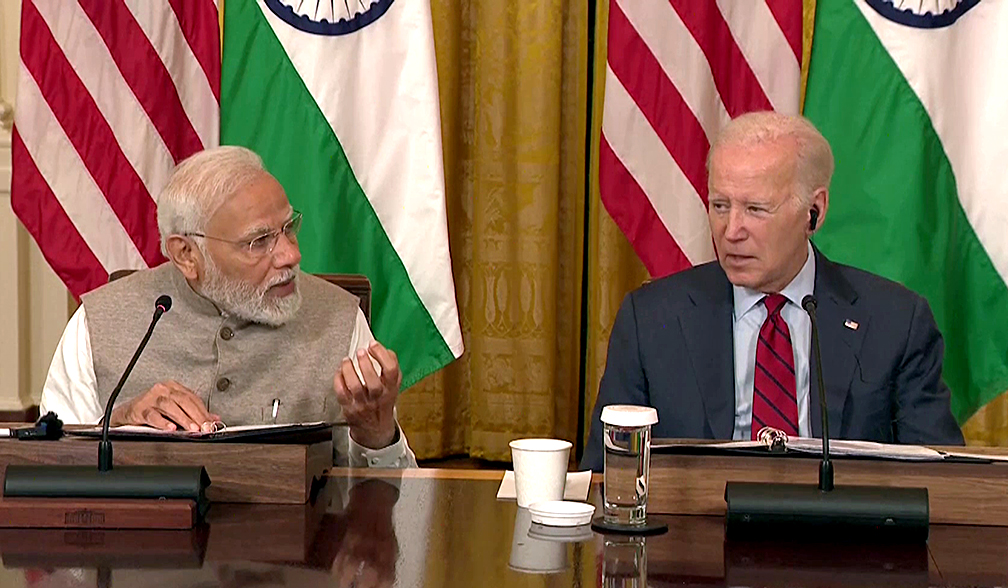
The ongoing India-Canada spat and the alleged supplying of intelligence by the US to Canada on Khalistani terrorist Nijjar’s murder have resulted in several US-sceptics in India rearing their head. “We told you so” they say, while asserting that India and the US cannot be partners, that the US cannot be trusted, so India should reinforce its “undying friendship” with Russia, and even seek a rapprochement with China. The fundamental premise of such outrage is misplaced, because it is based on western media reports that are speculative in nature and probably even plants to serve certain vested interests. Neither of the three governments has uttered a word on the topic, not even Justin Trudeau who had the gall to stand up in Parliament and say there were “credible allegations” of a possible India connection with Nijjar’s murder. Two weeks later, he is yet to provide a shred of such “intelligence”, forget about evidence. Unless and until he shows some verifiable evidence, it seems Trudeau was banking on Canada being a G7 and Nato country, and a neighbour of the US for the world to believe his claims—or at least the US. Because, that is all that matters to Trudeau—for Washington, DC to take him at face value and punish New Delhi. Whether there was Chinese inspiration behind Trudeau’s bombast or if it was inspired by his desire to avenge his G20 sidelining, or both, is not known. But Trudeau definitely overestimated his influence on Washington for him to expect his “credible allegation” would drive a wedge between India and the US. Ever since Trudeau’s outburst, there has not been any slowing down in the trajectory of India-US relations, with all their joint military exercises and the 2+2 ministerial dialogue progressing on course. In fact, NSA Jake Sullivan’s and Secretary Antony Blinken’s somewhat stentorian tone that India should cooperate in Canada’s investigation, disappeared after External Affairs Minister S. Jaishankar’s meeting with Blinken. The next statement from Blinken was a much calmer “we hope that our friends in both Canada and India will work together to resolve this matter”, which implies that Canada too needs to pay attention to India’s concerns. In fact, EAM Jaishankar made it clear in every meeting he addressed in Washington, that first of all, covert assassination was not India’s policy, and that “for Americans, Canada perhaps looks very different… But for India, Canada is a country where organised crime from India, mixed with trafficking in people, mixed with secessionism, violence, terrorism” made up a “very toxic combination of issues and people who have found operating space there”.
In fact, many westerners, including opinion makers, think-tankers and journalists, who were smarting from the optics of PM Modi’s state visit to the US in June, are now fixing the spotlight on what they call “duplicitous India”, which should be hauled over the coals for subverting the rules-based western order. Hence, when it comes to India-US relations, the India-sceptics in the US are in the good company of the US-sceptics in India
What both sides are losing sight of is India and the US are natural partners in terms of both democratic values and shared interests. As EAM Jaishankar said in the US, earlier India and the US were dealing with each other, now they are working with each other. The scope of this partnership is immense and goes beyond defence cooperation with China on mind. Think of all that was achieved during Prime Minister Modi’s state visit to the US in June 2023. That visit laid out a clear roadmap for “technology partnership for the future”, a “next generation defence partnership”, “catalysing the clean energy transition”, “deepening strategic convergence”, “propelling global growth” and “empowering future generations and protecting the health” of the people. Through the game-changing Initiative on Critical and Emerging Technology (iCET), India has been given access to high end technology, which it did not have earlier. From cooperation in the field of space to making India a hub of semiconductors, to cooperating on research and development in advanced telecommunications and quantum computing and artificial intelligence, the list is endless. India now has access to technology that propels GE-F414 jet engines, which will be co-produced in India. Similarly, without India’s active cooperation, can the US even imagine tackling the problem of climate change, or building an Indo-Pacific strategy to ensure that there is stability in the region; or ensure that the Sustainable Development Goals are met worldwide, that the Global South is represented on the high table of international diplomacy? And this is just a small list. If India wants to be a major power, the cord with the US cannot be cut, because in spite of China’s rise, it is the US that is the most consequential power, and the India-US partnership is the most consequential in the 21st century. Let’s also not discount the people-to-people relations between the two nations, primarily because of the huge Indian diaspora in the US.
In such a situation, to talk about the US trying to sabotage India’s prospects and vice-versa amounts to conspiracy theories discussed on social media. Also, to think that India will jeopardise this partnership by bumping off on foreign soil a criminal and terrorist running around with AK-47s and working as a plumber in his spare time, defies credulity. At a time when the two countries are working together quite well, deliberate attempts to spread distrust are best avoided.
